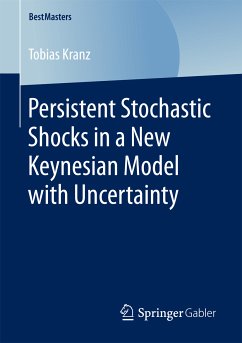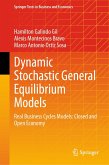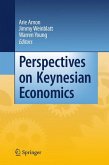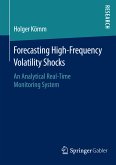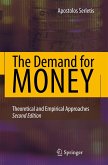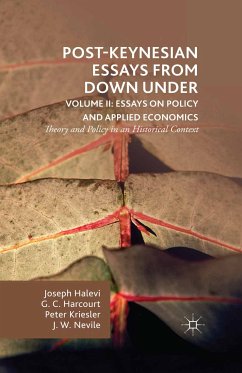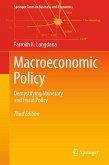The book introduces the New Keynesian framework, historically through a literature overview and through a step-by-step derivation of a New Keynesian Phillips curve, an intertemporal IS curve, and a targeting rule for the central bank. This basic version is then expanded by introducing cost and demand shocks and uncertainty. The latter enters the model via second order Taylor approximation instead of linearization. Bringing all equations together results in an equilibrium condition which is simulated with a wide range of parameter values, including possible crisis scenarios. The author finds that accounting for uncertainty - regarding growth and inflation expectations - can lead to lower nominal interest rates set by the central bank.
Dieser Download kann aus rechtlichen Gründen nur mit Rechnungsadresse in A, B, BG, CY, CZ, D, DK, EW, E, FIN, F, GR, HR, H, IRL, I, LT, L, LR, M, NL, PL, P, R, S, SLO, SK ausgeliefert werden.

